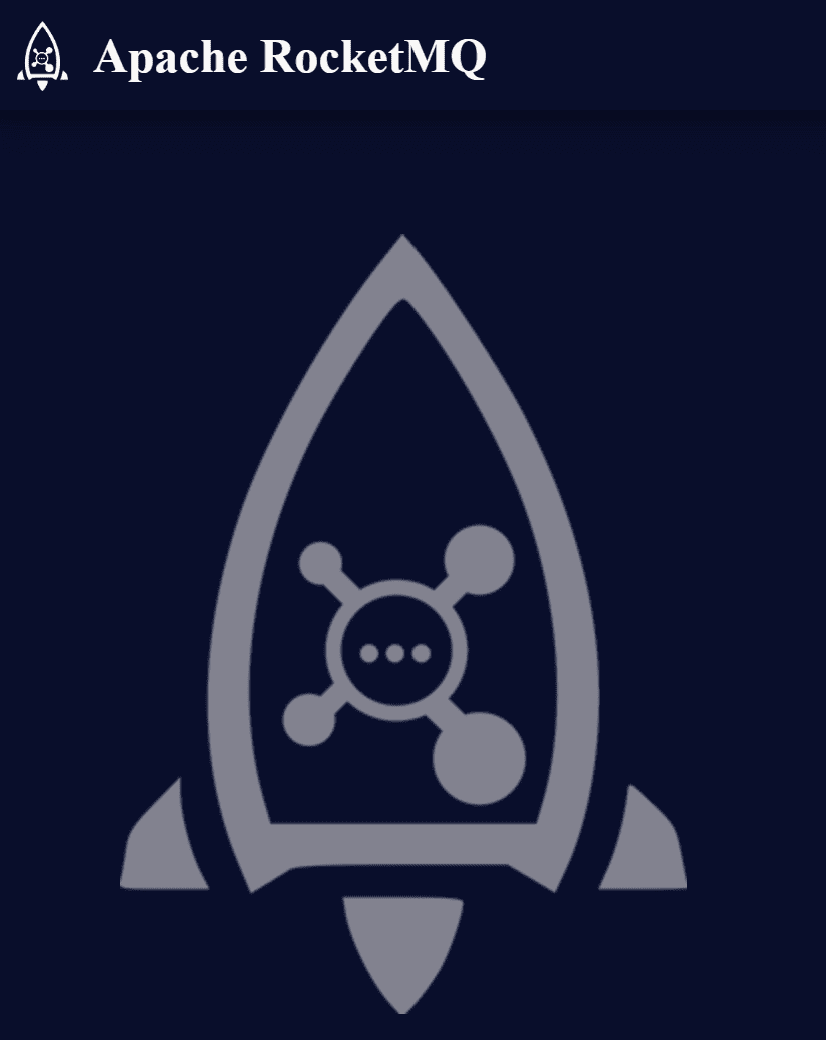
Apache RocketMQ, renowned for its distributed messaging and streaming capabilities, has recently come under scrutiny due to a moderate-severity security vulnerability. This vulnerability tracked as CVE-2023-33246, revolves around the potential for remote code execution when utilizing the update configuration function.

CVE-2023-33246: Apache RocketMQ: RocketMQ may have a remote code execution vulnerability when using the update configuration function
RocketMQ versions up to and including 5.1.0 are affected by this vulnerability. Under specific circumstances, an attacker can exploit the flaw to execute remote commands. The vulnerability lies in certain components of RocketMQ, including NameServer, Broker, and Controller, which lack proper permission verification and are inadvertently exposed on the extranet. This exposure enables malicious actors to utilize the update configuration function to execute commands as the system users running RocketMQ or forge the RocketMQ protocol content.
Risk and Impact:
With the ability to remotely execute commands, unauthorized individuals could potentially exploit this vulnerability to compromise the integrity, confidentiality, and availability of RocketMQ deployments. By executing arbitrary commands, attackers could gain unauthorized access, manipulate sensitive data, disrupt messaging operations, or even install malicious software within the infrastructure.
Recommended Actions:
To address this security vulnerability, it is crucial for RocketMQ users to take the following steps:
1. Upgrade to the Latest Versions:
For those using RocketMQ 5.x, it is strongly advised to upgrade to version 5.1.1 or above. Similarly, users on RocketMQ 4.x should upgrade to version 4.9.6 or newer. These updated versions include the necessary fixes to mitigate the vulnerability and ensure the secure operation of your messaging infrastructure.
2. Implement Security Best Practices:
Beyond the upgrade, organizations should adhere to security best practices to fortify their RocketMQ deployments. This includes regularly patching and updating RocketMQ components, applying secure configurations, and conducting regular security audits to identify and address potential vulnerabilities proactively.
3. Monitor for Anomalous Activity:
Implement robust monitoring and log analysis mechanisms to detect any suspicious or anomalous behavior within the RocketMQ infrastructure. By closely monitoring system logs, network traffic, and user activity, organizations can quickly identify and respond to potential security incidents.